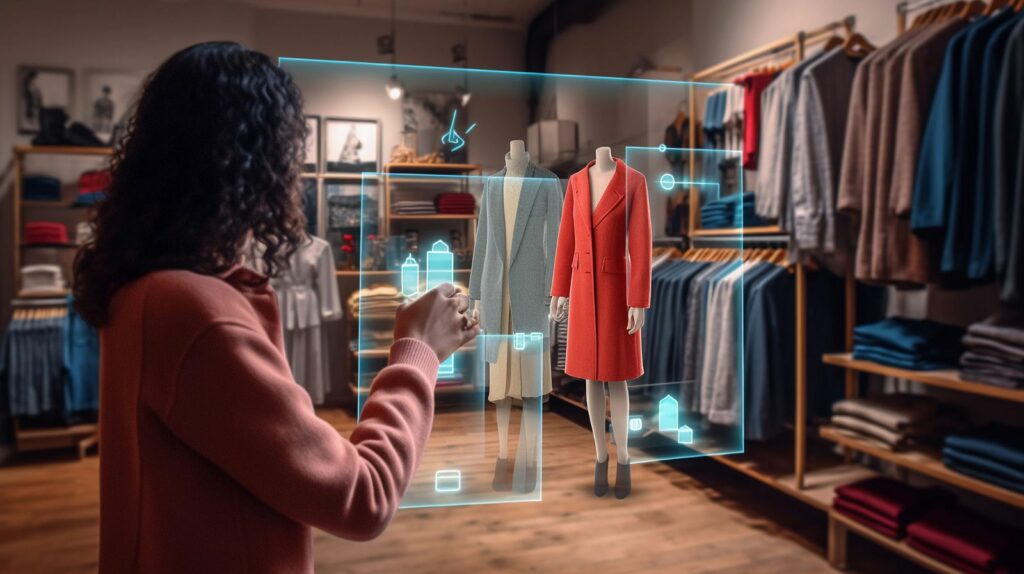Artificial Intelligence (AI) is significantly impacting various aspects of life, including consumer behavior. Here are three ways AI is changing how consumers interact with brands and make purchasing decisions:
- Personalization and Recommendations
Impact: AI algorithms analyze a plethora of data points, from browsing history to past purchases, to offer personalized suggestions to consumers. This personalized experience makes consumers more likely to engage with a brand and make a purchase, changing the traditional “one-size-fits-all” approach to marketing.
Example: When you shop online on platforms like Amazon, AI algorithms recommend products based on your past behavior, seasonal trends, and what similar consumers have viewed or purchased. This kind of personalization influences not just what you buy, but also how you shop, making the experience more interactive and tailored to your needs.
- Enhanced Customer Service
Impact: AI-driven chatbots and customer service tools are redefining how brands interact with consumers. These AI solutions can handle a wide range of queries and issues, offering almost instant support. This not only improves customer satisfaction but also influences consumer expectations for speedy and efficient service across all industries.
Example: Many companies now deploy AI chatbots on their websites or social media channels that can answer queries, solve problems, or even help with the purchase process 24/7. This level of service changes consumer expectations and can be a deciding factor in brand loyalty.
- Dynamic Pricing and Promotions
Impact: AI algorithms analyze market trends, demand fluctuations, and consumer behavior to adjust pricing in real-time. This dynamic pricing strategy can affect when consumers choose to make a purchase, as they may wait for the most opportune moment or act quickly to take advantage of a promotion.
Example: Airlines and ride-sharing services often use AI to adjust prices based on various factors like demand, day of the week, and even current events. This can influence consumer behavior as people try to “game” the system to get the best prices, and it can make consumers more price-sensitive and strategic in their purchasing decisions.
In summary, AI is making the consumer experience more personalized, efficient, and dynamic. These changes are influencing consumer expectations and behavior, driving a shift in how brands need to interact with their customer base.


